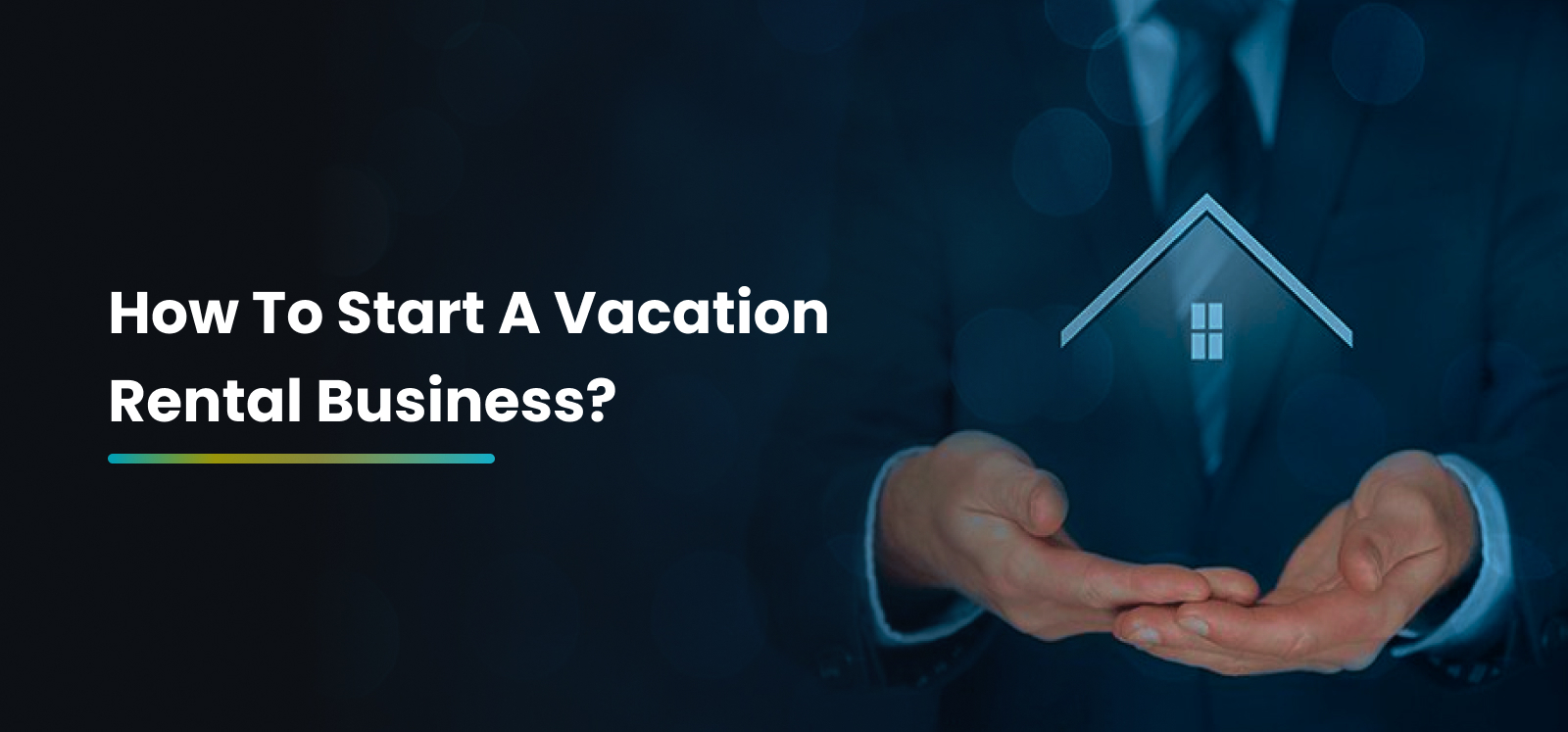21 June 2023
Published by

Introduction
Are you considering starting a vacation rental business? With the rise of online booking platforms and the increasing demand for unique travel experiences, the vacation rental industry presents a lucrative opportunity for entrepreneurs. In this article, we will guide you through the essential steps to successfully start and run a vacation rental business.
Starting a vacation rental business can be an exciting venture, but it requires careful planning and execution. By following the right steps, you can establish a successful and profitable business that provides memorable experiences for travelers. Let’s dive into the process of setting up your vacation rental business.
1. Research the Market
Before jumping into the vacation rental industry, it’s crucial to conduct thorough market research. Identify the demand and competition in your target area. Understand the local regulations, occupancy rates, and popular amenities that attract guests. This research will help you make informed decisions throughout the process.
2. Define Your Target Audience
To maximize your rental’s appeal and attract the right guests, it’s essential to define your target audience. Determine the type of travelers you want to cater to, such as families, couples, or business professionals. Tailor your property, amenities, and marketing efforts to meet their specific needs and preferences.

Location plays a significant role in the success of your vacation rental business. Look for areas with high tourist demand, proximity to attractions, and good infrastructure. Consider factors like safety, accessibility, and local amenities when selecting the ideal location for your property.
Once you’ve identified the location, it’s time to acquire a suitable property. Decide whether you want to purchase, lease, or manage properties on behalf of others. Evaluate the property’s size, condition, and potential for growth. Conduct a thorough inspection and consider hiring a professional to assess any necessary repairs or renovations.
To create an inviting space for your guests, focus on setting up and furnishing the rental. Ensure the property is clean, well-maintained, and adequately equipped with essential amenities. Consider the target audience and their preferences while selecting furniture, decor, and appliances.
Crafting an engaging listing is crucial to attract potential guests. Write a compelling description that highlights the unique features of your property. Utilize high-quality photographs to showcase the different areas and amenities. Use descriptive language to create a vivid image in the minds of potential guests.
Determining the right pricing strategy is essential to stay competitive in the vacation rental market. Research similar properties in your area and analyze their pricing structures. Consider factors like location, amenities, seasonality, and demand when setting your rates. Be mindful of the costs involved, including maintenance, utilities, and cleaning services.
To reach your target audience effectively, develop a comprehensive marketing strategy. Utilize various online platforms, social media channels, and travel websites to promote your rental. Leverage search engine optimization (SEO) techniques to improve your property’s visibility in search results. Engage with potential guests by sharing engaging content, responding to inquiries promptly, and offering special promotions.
Delivering exceptional customer service is crucial to the success of your vacation rental business. Respond promptly to inquiries, provide accurate information, and address any concerns or issues raised by guests. Consider creating a guest guidebook with useful information about the property, local attractions, and emergency contacts. Aim to exceed your guests’ expectations to ensure positive reviews and repeat bookings.
Efficiently managing bookings and operations is essential for a smooth-running vacation rental business. Utilize a reliable property management system or online booking platform to handle reservations, automate check-ins and check-outs, and streamline communication with guests. Keep track of bookings, payments, and maintenance tasks to ensure everything runs seamlessly.
Complying with local regulations and legal requirements is crucial when running a vacation rental business. Familiarize yourself with zoning laws, permits, licenses, and tax obligations in your area. Consult with a legal professional or local authorities to ensure your operations are fully compliant.
Positive reviews and feedback from satisfied guests can significantly impact the success of your vacation rental business. Encourage guests to leave reviews and ratings on your listing and other platforms. Respond to reviews, whether positive or negative, to show your commitment to guest satisfaction. Use feedback to make necessary improvements and enhance the overall guest experience.
The vacation rental industry is dynamic and constantly evolving. Stay updated with the latest industry trends, emerging technologies, and guest preferences. Attend industry conferences, join relevant forums or associations, and network with other vacation rental owners. Embrace innovation and adapt to changing market demands to stay competitive.
Starting a vacation rental business can be a rewarding and profitable endeavor if approached with the right strategies. By conducting thorough market research, understanding your target audience, and following the outlined steps, you can establish a successful vacation rental business. Remember to provide exceptional customer service, stay compliant with regulations, and adapt to industry trends for long-term success.

1. How much capital do I need to start a vacation rental business?
The capital required to start a vacation rental business varies depending on factors like location, property size, and renovations. It’s advisable to have a budget that covers property acquisition, furnishings, marketing, and initial operational costs.
2. Can I manage a vacation rental business remotely?
Yes, it’s possible to manage a vacation rental business remotely. With the help of property management systems, online booking platforms, and local service providers, you can effectively handle bookings, guest inquiries, and property maintenance from a distance.